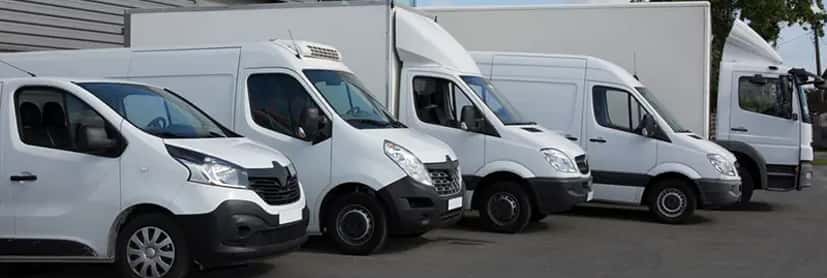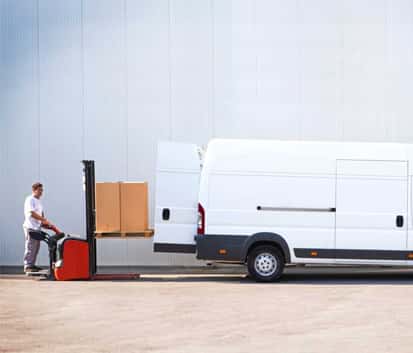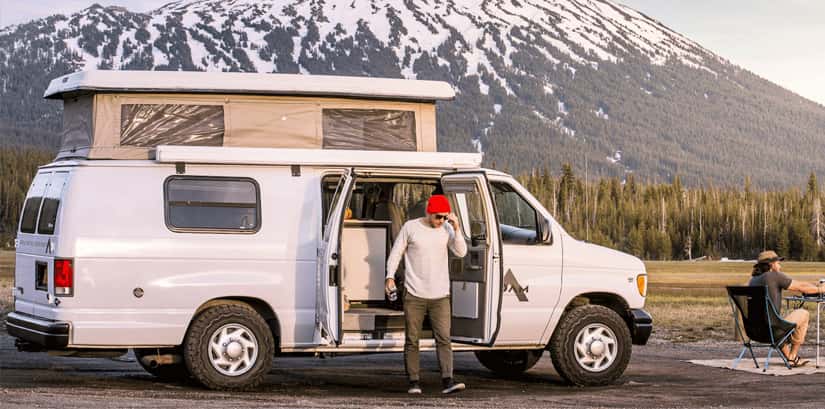The van rental market has played a significant role in supporting the British economy by providing businesses and individuals with flexible and affordable transportation solutions. Van rental companies have created job opportunities in the sector, and their services have helped businesses transport goods and equipment, enabling them to operate more efficiently and effectively. Additionally, the van rental market has contributed to the growth of the tourism industry by providing visitors with affordable and convenient transportation options. Overall, the van rental market has helped to support economic growth by providing essential transportation services to businesses and individuals in the UK.
If you are interested in starting a business that provides a valuable service to people, then a van rental business might be the perfect fit for you. With the rise of the gig economy and remote work, more and more people are looking for flexible transportation options. A van rental business can provide just that, along with the convenience of being able to transport larger items.
But before you jump in, it’s important to do your research and plan out your business strategy. In this comprehensive guide, we will take you through everything you need to know to start a successful van rental business.
Before starting any business, it’s important to research the market and see if there is demand for your services. Look at your local area and see if any other van rental businesses are already in operation. If there are, think about what you can offer that they don’t. Consider the demographics of your area and what types of customers you might attract. You can also conduct surveys and focus groups to better understand what potential customers are looking for.
Once you have a better understanding of your target market, it’s time to choose your vehicles. Consider the types of customers you want to attract and what they might need in a van rental. Will they be moving furniture or large items? If so, you’ll want to choose vans with plenty of cargo space. Do you want to appeal to families or groups of friends? In that case, you might want to consider vans with multiple rows of seating. Don’t forget to factor in the cost of purchasing or leasing your vehicles.
Before you can start renting out your vans, you’ll need to make sure your business is properly registered and insured. Check with your local and state governments to see what permits and licenses you will need to operate your business. You’ll also want to look into liability insurance, which will protect you in case of accidents or damage to your vehicles.

In the modern era of technology, establishing a robust online existence is a fundamental aspect of any enterprise. Design a website that displays your fleet of vans along with their unique features, and provides information about your rental rates and availability schedule. Employing social media and online marketing campaigns can also help reach potential clients. Offering exclusive discounts and deals can be an effective strategy to attract customers to choose your rental service over your rivals.

Once your business is up and running, it’s time to set up your rental process. Decide on your rental rates and policies, such as how long customers can rent your vans and what kind of insurance they will need. You’ll also want to create a system for customers to reserve and pick up their rental vans, as well as a system for returning the vans and checking for any damage.
remember that the success of your van rental business will ultimately depend on your ability to provide excellent customer service. Make sure your vans are clean and well-maintained, and that your rental process is easy. Be available to answer any questions or concerns your customers may have, and make sure they feel valued and appreciated.
As your business grows, it’s important to monitor its performance and identify areas where you can improve. Keep track of your finances, including your revenue and expenses, to ensure that you are making a profit. Pay attention to customer feedback and reviews, and use that information to make changes to your rental process or improve the quality of your service.
You may also want to consider expanding your business by adding more vehicles or offering additional services, such as delivery or pick-up. However, before doing so, make sure that your current operations are running smoothly and that you have the resources to take on the added responsibilities.

Finally, it’s important to stay current on industry trends and changes to stay competitive in the van rental industry. Keep an eye on technological advances that could improve your rental process or enhance the customer experience. Also, pay attention to consumer behavior and preferences shifts, and adapt your business strategy accordingly.
Attending industry conferences or networking with other van rental businesses can also provide valuable insights and ideas for your business.

starting a van rental business can be rewarding but requires careful planning and execution. there is a growing demand for van rentals for travel, moving, and outdoor activities such as camping and festivals. By offering well-maintained, affordable, and flexible rental options, a van rental business can tap into these markets and provide a valuable service to customers. Furthermore, with efficient operations and effective marketing, a van rental business can achieve a solid return on investment and growth over time. By researching the market, choosing the right vehicles, registering and insuring your business, creating a strong online presence, setting up your rental process, providing excellent customer service, monitoring your performance, staying up-to-date on industry trends, and continuously improving your business, you can create a successful van rental business that meets the needs of your customers and your community.


